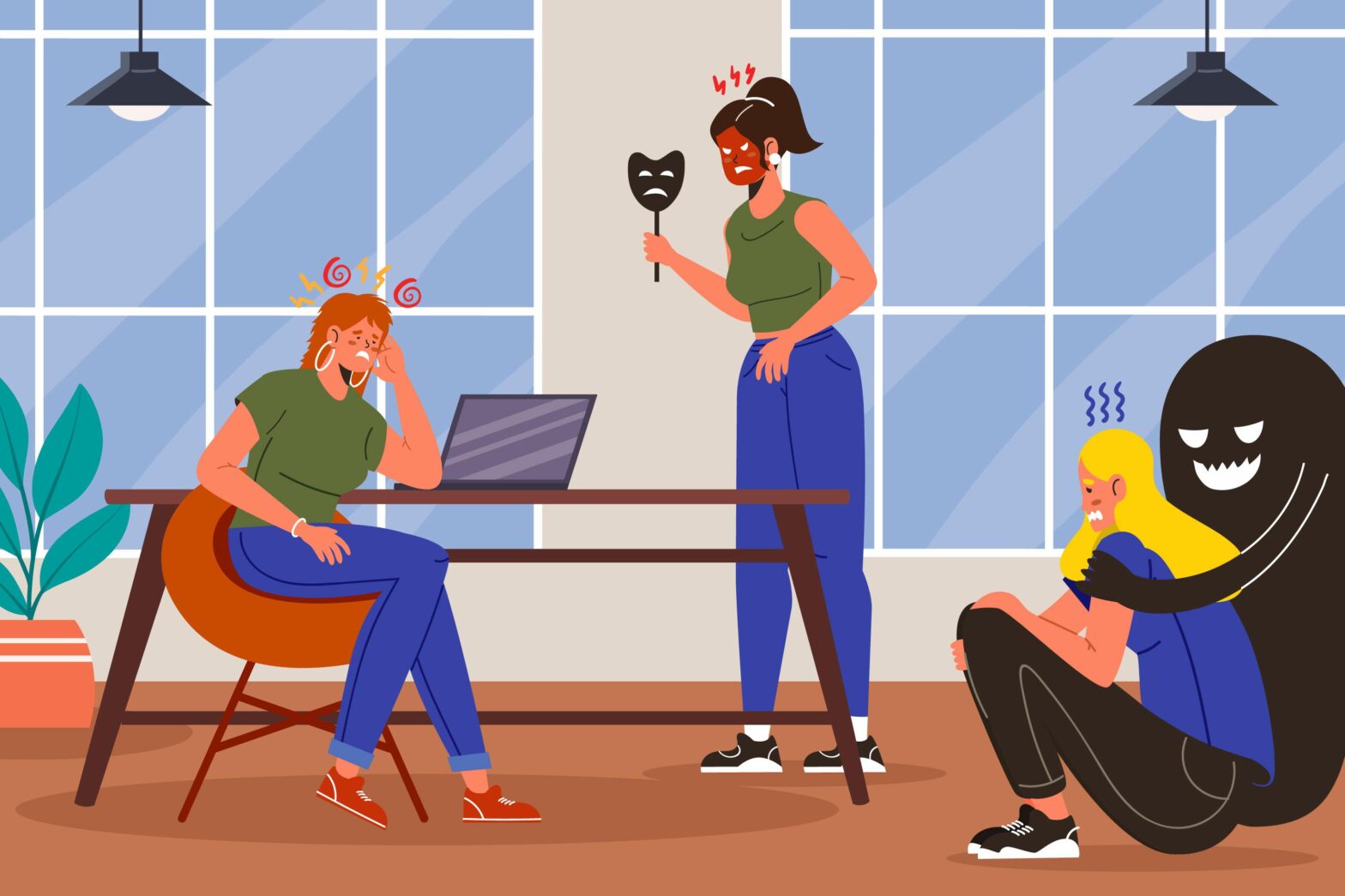Dealing with Borderline Personality Disorder – Coping Strategies for a Healthier Life
March 29, 2023

Borderline Personality Disorder (BPD) is a serious mental health condition that affects an individual’s emotions and behavior. People with BPD often experience a great deal of emotional distress, and difficulty in regulating emotions, and maintaining healthy relationships with others. Though the symptoms of BPD can be difficult to cope with, there are ways to manage and work through them. With the right support and strategies, individuals living with BPD can begin to lead healthier, more meaningful lives. This article explores the various coping strategies available to people with BPD and how they can be used to create a healthier life.
Symptoms of Borderline Personality Disorder (BPD)
Borderline personality disorder causes significant distress and impairment in daily life.
1. Intense and frequent feelings – Individuals with BPD experience intense emotions that are frequent.
2. Unstable emotions – Individuals with BPD experience a great deal of emotional distress, often feeling empty and alone.
3. Impulsivity – People with BPD often engage in impulsive behaviors, such as drug or alcohol abuse, reckless driving, and self-harm.
4. Recurring suicidal thoughts – Individuals with BPD frequently experience suicidal thoughts. 5. Shallow relationships – Individuals with BPD often find it difficult to establish or maintain intimate relationships.
6. Intense reactions to stress – Individuals with BPD often experience intense reactions to stress.
7. Significant impairment in social and occupational functioning – Individuals with BPD often experience significant impairment in their social and occupational functioning.
Causes of Borderline Personality Disorder (BPD)
Borderline personality disorder (BPD) does not appear to have a single underlying cause; rather, a number of factors are likely to be involved.
- Genetics – Studies have found that some people are at higher risk of developing BPD due to genetic factors.
- trauma in childhood – Experiencing abuse, neglect, or having a history of trauma as a child increases a person’s risk of developing BPD.
- life events – Other factors that increase a person’s risk of developing BPD include experiencing stressful life events such as the death of a loved one, divorce, or serious injury. personality type – People with high levels of emotional regulation or interpersonal sensitivity are at a higher risk of developing BPD.
Treatment for Borderline Personality Disorder (BPD)
Borderline personality disorder (BPD) may be treated with professional-assisted individual or group efforts.
- Psychotherapy – Psychotherapy can help reduce impulsive behaviors and feelings of emptiness caused by BPD.
- Medication – Certain medications have been shown to reduce impulsive behaviors and suicidal thoughts in individuals with BPD.
- Self-help groups – Self-help groups can provide a source of support and assistance for people with BPD.
- Support system – Individuals with BPD often rely heavily on other people in their life, such as friends, family members, or partners, for support.
- Art therapy – Art therapy has been shown to help individuals with BPD improve their self-image and feelings of self-worth.
Coping strategies for BPD
Individuals with BPD often experience significant improvement in their symptoms and quality of life when they receive treatment for their condition.
- Check in with yourself – Make sure you’re feeling OK and are not experiencing any symptoms of BPD.
- Set healthy boundaries – Establish healthy boundaries with family members and others in your life.
- Maintain a routine – Having a consistent routine, such as exercising and eating regularly, can help reduce impulsive behaviors.
- Get support – Seek support from friends, family members, or partners in order to feel less isolated and alone
- Reach out to others – Confide in a friend or family member and ask for help when needed.
- Practice mindfulness – Mindfulness practices, such as meditation, can help an individual with BPD manage their feelings and develop a healthier sense of self.
Self-care tips for managing BPD
BPD is often only identified by a medical professional. Approaches like medication and psychotherapy are quite successful at reducing BPD symptoms.
However, you can combine your treatment with these self-help methods if you find that you need more aid.
- Maintain a healthy diet – A healthy diet can help ensure that your mood is stable and you have enough energy to cope with the demands of everyday life.
- Get enough sleep – Sleep deprivation can cause an individual with BPD to feel distressed and impulsive, which can lead to increased risk-taking and suicidal thoughts.
- Exercise regularly – Exercise can improve mood and reduce symptoms of BPD, including feelings of emptiness and suicidal thoughts.
- Avoid drugs and alcohol – Drug and alcohol use can alter an individual’s perception of reality and make them feel helpless and alone.
- Try to keep a journal or note pad handy in which you can write down feelings, thoughts, and ideas about your situation.
Create an action plan to manage BPD
Make a list of ways that you can cope with the challenges of living with BPD. Developing healthy coping strategies can help you manage stressful situations that may arise during your day-to-day life. Maintaining a regular routine, such as exercising and eating a healthy diet, can help you relieve stress and maintain a stable mood. Journaling or talking out problems can help you identify problems
The turmoil inside the psyche can be difficult to accept at times. You may learn to control your emotions and take care of yourself by asking for help when you need it and talking about your feelings with someone you can trust. Individuals with BPD often feel ashamed or confused about their feelings and need support, particularly when they are suicidal. Call 911 or head to the closest emergency room if you require assistance right away. Choose the one that will work best for you after researching various support systems. Remember that you have access to support systems like Myndz Matters, anyday, anytime.

here